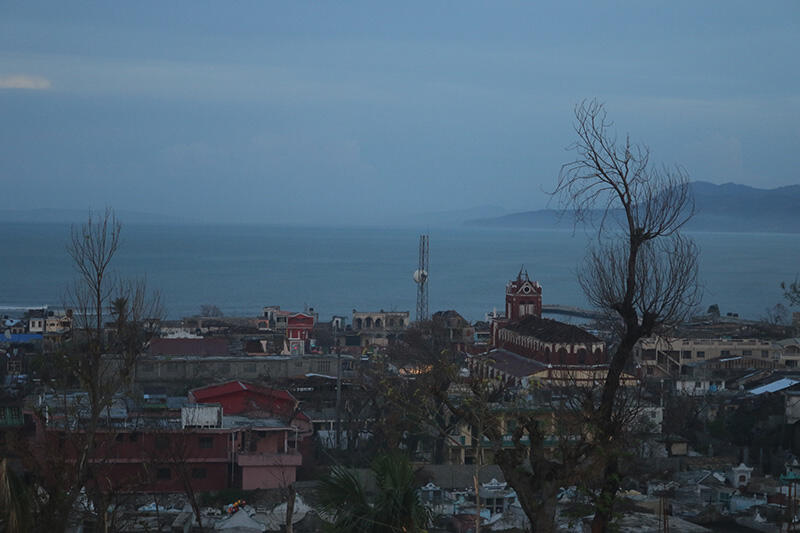Hurricane Matthew struck Haiti on 4 October, unleashing the greatest devastation the country has seen since the 2010 earthquake. © UNFPA/Eddie Wright
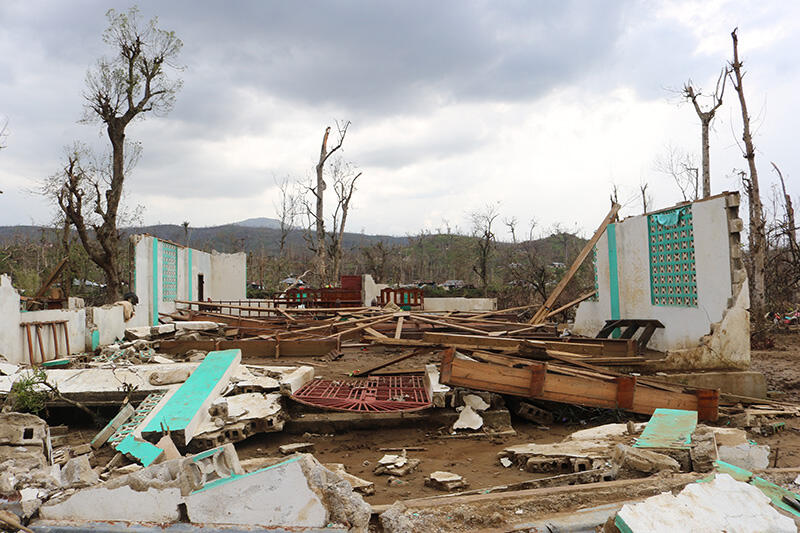
Over 500 people have died. In affected areas, access to health care, water, food and other essentials has been badly affected. © UNFPA/Eddie Wright
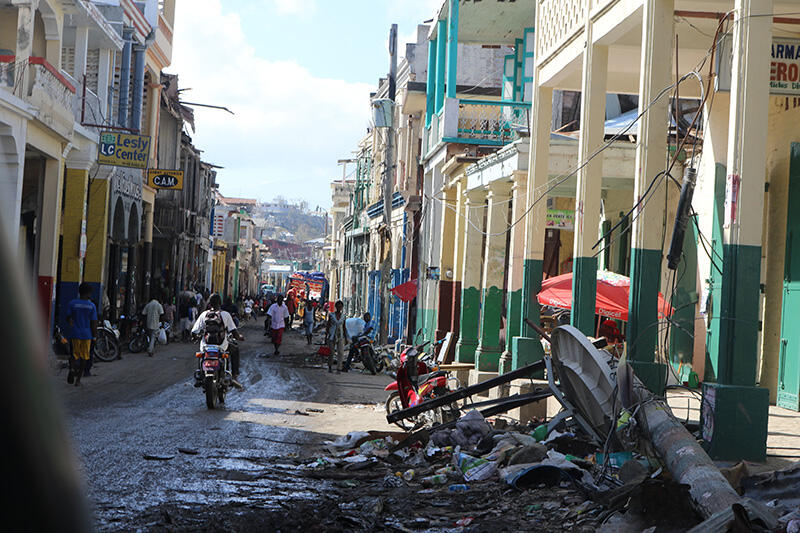
Damage to health infrastructure is extensive, according to a joint evaluation conducted by UNFPA and the government. © UNFPA/Eddie Wright
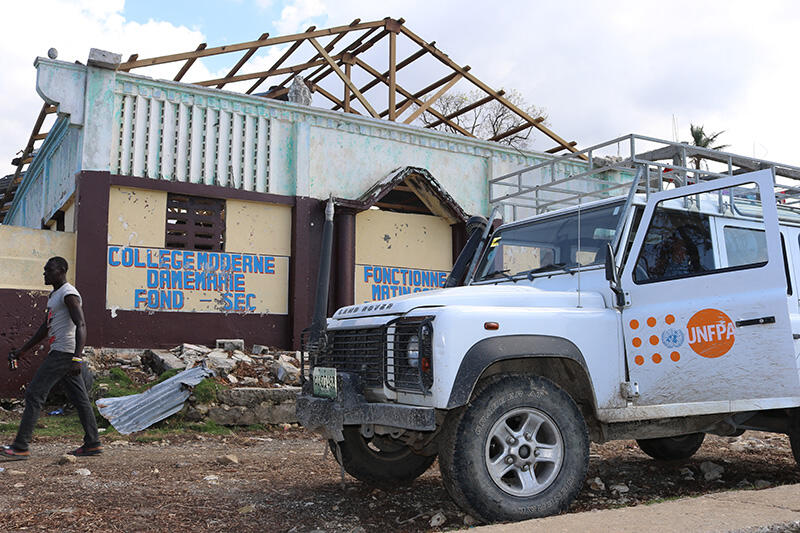
At the St. Antoine Hospital in Jérémie, two of the three main buildings have been devastated. © UNFPA/Eddie Wright
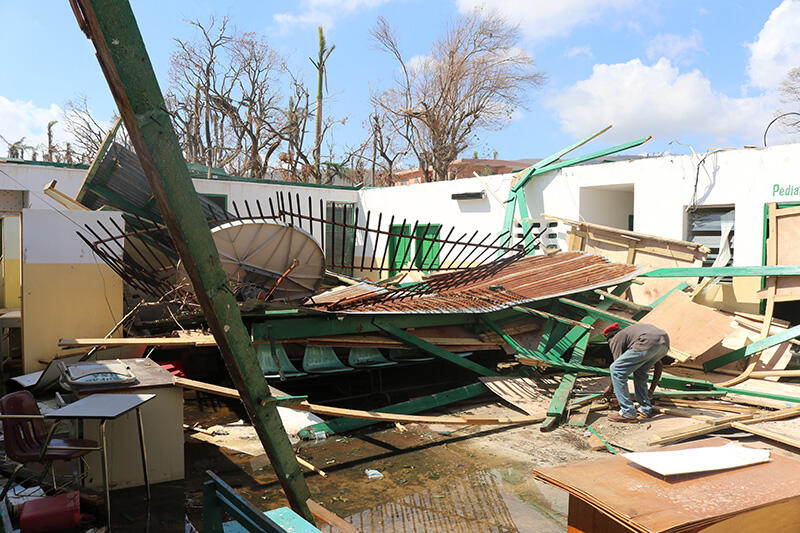
The spacious and well-appointed Citi Med facility in Beaumont has been completely destroyed. © UNFPA/Eddie Wright
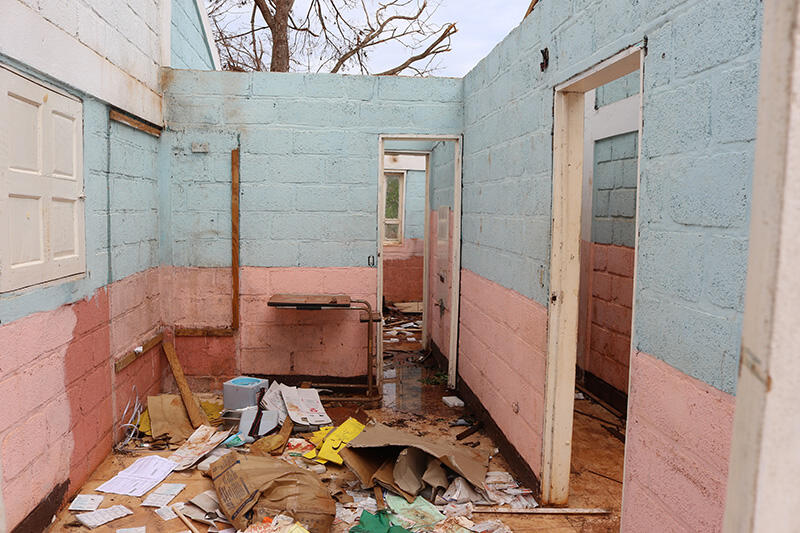
None of the health facilities assessed has power, and all are lacking health personnel. © UNFPA/Eddie Wright
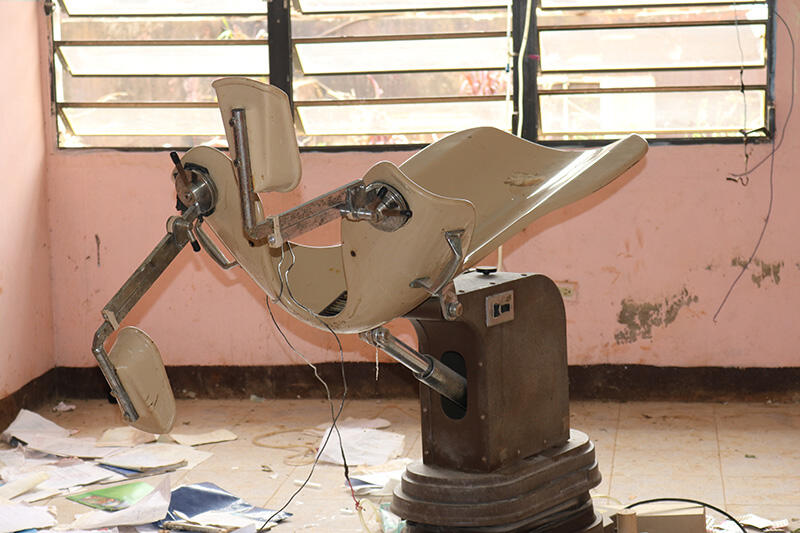
UNFPA is delivering emergency kits to mothers in countryside outside Jérémie. Each kit contains enough food and water for a family of five for two days. © UNFPA/Eddie Wright
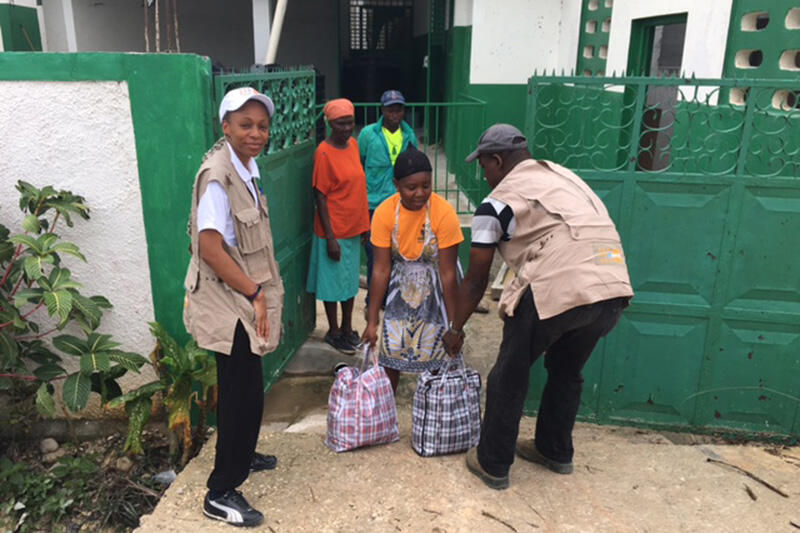
UNFPA has also distributed thousands of hygiene, food and cooking kits in the worst-affected areas. Still, the needs of the affected population are staggering. © UNFPA/Eddie Wright
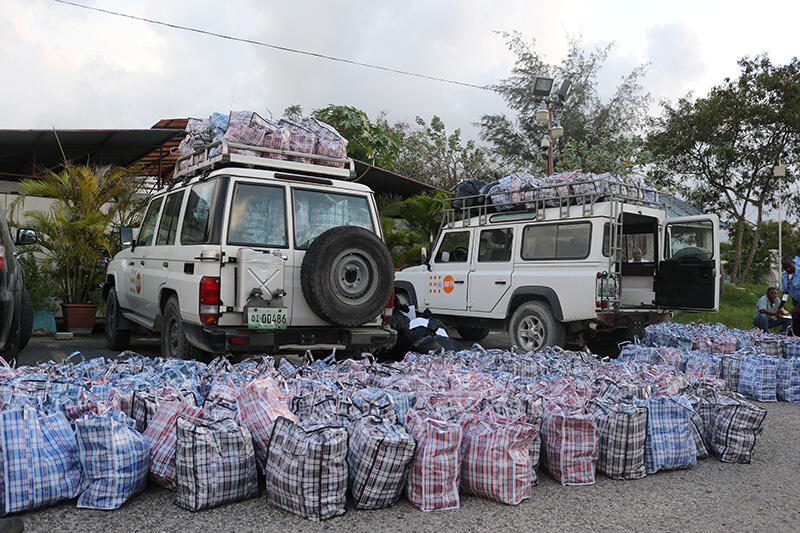
There are thousands of pregnant women in affected areas, and hundreds of thousands of people require reproductive health care. Women attend a community meeting in Dame Marie. © UNFPA/Eddie Wright
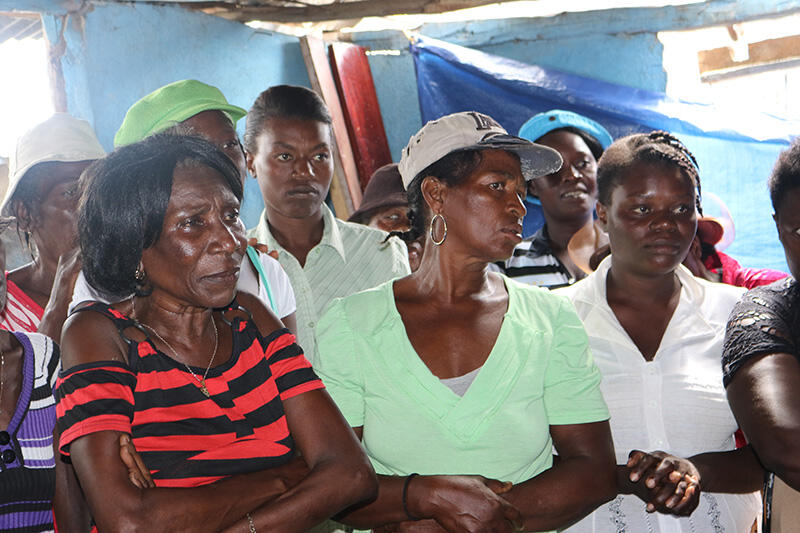
The full toll of the hurricane – including damage to the economy, education and public safety – is not yet known. But it is certain that the hurricane leaves women and girls in this fragile country even more vulnerable. © UNFPA/Eddie Wright
